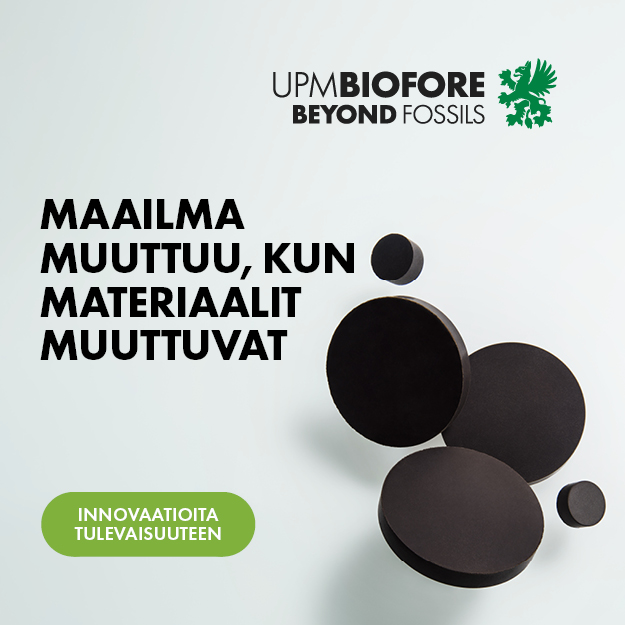According to Mika Anttonen, owner of the Finnish energy company St1 and the chairman of its board of directors, what stands in the way of cleaner energy production and a world free of oil is a system-level problem.
The transition to a bioeconomy is not as clear-cut as expected. The dependence on oil, for example, cannot be eliminated with the current bio-based fuels, regardless of how good they are as products.
Anttonen points out that even though bio-refineries are gladly marketed as oil refineries, they are unable to achieve a degree of processing on a par with that of traditional oil refineries.
“Bio-fuels still need a vast amount of product development before they reach a point where they can genuinely replace fossil fuels. The development of bio-refineries still needs to take big leaps for the refining efficiency to improve. This poses a big challenge to all of us operating in the bioeconomy,” says Anttonen.
Investments in development are necessary due to the bio-refineries’ current inability to produce a number of fractions from their bio-based raw material that would be sufficient to reduce the use of oil. The current technologies of bio-refineries produce very little jet-fuel kerosene, for example, in relation to its demand.
Anttonen nevertheless steers clear from denying the quality and significance of the current, second generation bio-fuels.
“They’re good products, and we are heading in the right direction, but they will not eliminate the basic problem arising from the system.”
At the moment, bio-fuels are best for cars, which is why the oil-based products are used elsewhere.
“The dependence on oil will not disappear if the only things changing are its applications. The petrol replaced by electric cars would be used in power plants for electricity production. This is not smart at all.”
“Companies have their own agendas, based on which the products are developed. The problem is that, while the companies are basically doing the right things, their decisions emphasise the interest of the company and its stockholders. While this is human and understandable in terms of business, it is not the right way to go about eliminating the dependence on oil.”
Churning out directives is not enough
Anttonen does not confess to being a do-gooder. But he does object to the line of thought according to which the bio-economy can be advanced as if exporting the EU’s goals automatically to national legislations. The targets for cutting emissions and increasing the production of renewable energy are difficult to achieve.
“The only way to get rid of fossil fuels is through stricter legislation that is binding on businesses, for example. Churning out one directive after another is not enough.”
The EU’s snail’s pace in defining the sustainability criteria for biomass is another thing that has Anttonen nonplussed. The criteria are still unclear, whereas, with regard to Finland, they are of material importance. In the worst case scenario, biomass made from wood would no longer be treated as source of renewable energy.
Storing renewable energy
The use of renewable energy is also hindered by the storage challenge. The increase of solar and wind power, for instance, would require a system that Finland, among others, does not yet have.
“At least it’s being developed. But because we are talking about an enormous investment, no company alone has the resources to pull it off. The storage of renewable energy must nevertheless be developed, otherwise the targets concerning a dramatic increase in the use of renewable energy are not based on reality.”
Text: Jaakko Liikanen
Photo: Sampo Korhonen



